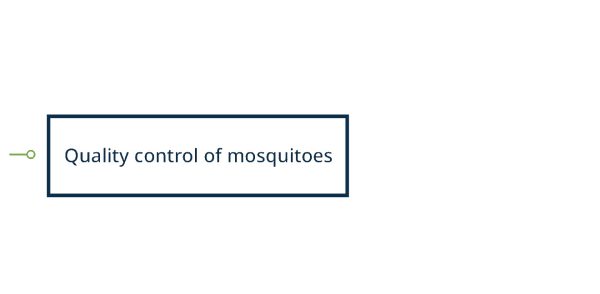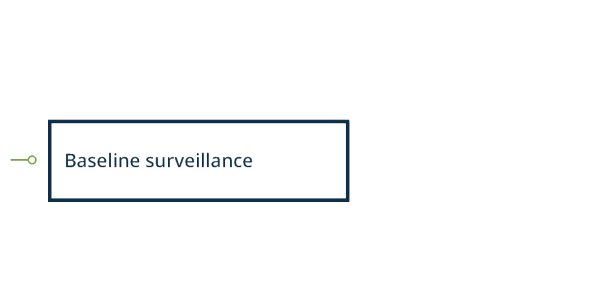General methods in vector control


Quality control of mosquitoes
Ensuring that mosquitoes used for research or control programme purposes are of a consistent and high quality is imperative to ensure the accuracy and reliability of research results. Mosquito quality control can involve monitoring factors such as mosquito age, size, and rearing conditions.
Quality control of mosquitoes
Product development
Product development for mosquito control involves the creation and testing of new tools and technologies. This can include the development of new insecticides, traps, repellents, and other products designed to target mosquitoes at different stages of their life cycle. Product development typically involves a multi-step process that begins with laboratory testing and progresses to field trails and regulatory approval. Within vector control, this is an ongoing process as researchers and industry partners work to identify new tools and technologies. By investing in product development, we can continue to grow and improve our ability to control mosquitoes and prevent the spread of disease.
Product development
Trial design
Trial design is a critical component of evaluating the effectiveness of mosquito control methods. Well-designed trials can provide important information on the efficacy and safety of different tools and help guide the development of effective control programmes. When designing trials, several key factors should be considered which include the type of mosquito population being targeted, conditions in the trial area, and specific outcomes being measured.
Trial design Resources
Baseline surveillance
Baseline surveillance of mosquito populations involves monitoring the distribution and abundance of mosquito species in each area at a certain time. This information is important for understanding the potential risks of mosquito-borne diseases and developing effective control strategies. Baseline surveillance typically involves collecting mosquitoes which are then identified to species level. This data can help identify changes in mosquito populations over time as well as being used to evaluate the effectiveness of control methods.
Baseline surveillance Resources
Human aspects
Understanding the human aspects of mosquito control is an important component of developing effective mosquito control strategies. This involves understanding how people perceive mosquitoes and vector-borne diseases, as well as the factors that influence their willingness to engage in control activities. By identifying and addressing the barriers that prevent people from engaging in vector control strategies, such as cost, accessibility, and convenience, programmes can increase participation in activities and target educational campaigns. This can help to improve the effectiveness of control programmes.
Human aspect Resources
Age grading
Age grading is a technique used to determine the age of mosquitoes, which can provide valuable information about the biology of certain populations and their potential to transmit disease. There are various methods of age grading which include analysing cuticular hydrocarbons on the exoskeleton, studying the morphology of reproductive organs, using fluorescent dyes to stain mosquito tissues, and measuring the activity of specific enzymes.
Age grading Resources